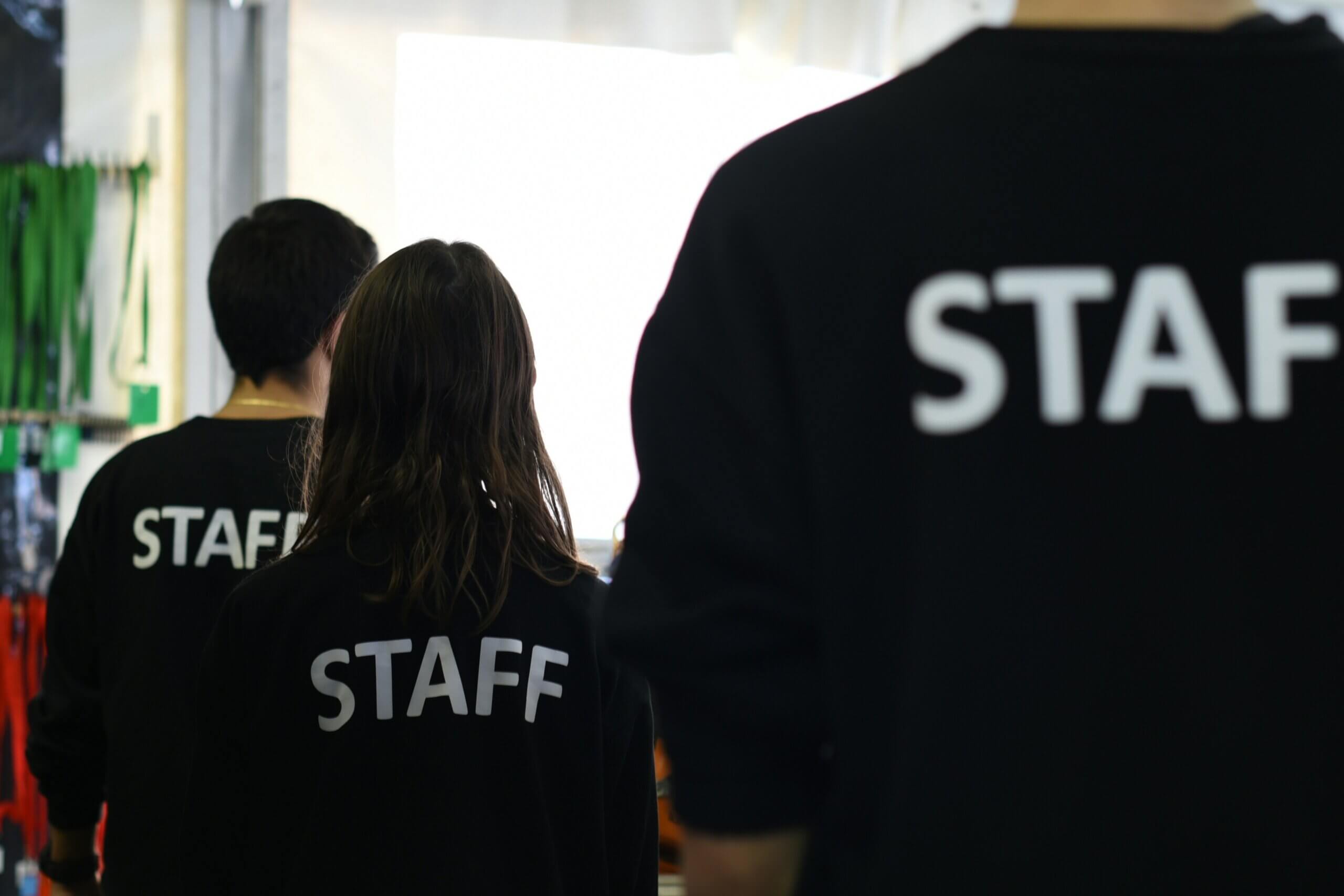Businesses across local and global markets are increasingly seeking flexible hiring solutions to address changing workforce demands and ensure smooth operations. Two of the most popular options companies consider are an Employer of Record (EOR) and a staffing agency. While both provide valuable workforce support, the difference between an Employer of Record and a Staffing Agency lies in their specific roles, responsibilities, and level of legal and administrative involvement. Understanding these differences helps organizations choose the most suitable solution for compliance, efficiency, and long-term growth.
What Is an Employer of Record (EOR)?
An Employer of Record (EOR) is a company that legally employs a staff member on behalf of another business, allowing companies to hire employees without having to establish a local entity. Put simply, the EOR is the legal employer for admin purposes and the client company has control over the employees’ daily work. An EOR’s core functions are to handle payroll, file taxes, execute employment agreements, provide HR support, maintain local labor law compliance, and administer employee benefits. When organizations are entering new markets or new countries, EOR services are widely used to reduce compliance risks and minimize potential exposure to expensive legal disputes. By engaging these responsibilities to professionals, companies can concentrate on growth and operations, instead of slogging through a morass of employment laws.
What Is a Staffing Agency?
A staffing agency, more commonly known as a recruitment agency, is a company that helps organizations find good candidates to fill jobs. A staffing agency, unlike an Employer of Record, does not become your legal employer but they save a company time by locating qualified applicants who fill a company need for employees. These agencies supply either temporary or permanent staff according to the request of the business sector. Recruiters are often quickly placed when a company needs to staff up, whether it’s to prepare for a busy time of year, to cover for employees taking time off for whatever reason or to hire for projects that require specific skills for short stretches. With the process of recruitment outsourced, companies can now save more time for them to get additional people that they can get to work and fill these important roles faster.
Key Differences Between an EOR and a Staffing Agency
1. Employment Relationship
An EOR takes on the role of the legal employer, addresses all compliance, payroll and HR concerns and the client manages the employees’ day to day work. A staffing agency, in contrast, provides workers but does not serve as their legal employer. Rather, it serves mainly to provide businesses access to talent, with much of the payroll legwork falling on the hiring company.
2. Compliance & Legal Responsibility
EORs provide full compliance coverage by taking care of employment contracts, payroll taxes, and labor law compliance. That’s the benefit of air based, entering a new region without any risk. Staffing agencies focus on recruitment and placement, though. They could assist in the initial onboarding but do not typically fill ongoing legal or administrative shoes that are ultimately the business’s to fill.
3. Talent Focus
An EOR supports existing employees employed by the client, while providing full HR management, payroll and benefits administration for the long term. Its function is to monitor and assist the control and orderly working of the employment across all areas. But staffing agencies are specifically in the business of sourcing, screening, and submitting new candidates. They are most commonly useful for filling in a temporary, seasonal or niche position as required by the company.
4. Business Expansion
EORs are perfect for businesses going global as they help deal with cross-border recruitment and stay on the right side of local employment law without the need for a legal entity. This allows global expansion to wing sooner and with less risk. Nonetheless, staffing agencies are primarily restricted to national or regional recruiting, and are therefore more appropriate for local businesses in need of speedy, domestic workforce answers.
5. Cost Structure
An EOR typically includes the cost of payroll management, employee benefits, tax filings and compliance. This allows businesses with operations in more than one area to have cost predictability and legal risk mitigation. Recruitment fees are charged for recruitment of employees to the staffing firm in such a way that if a hire is a temporary hire, the fee may be a percentage of the employee’s earnings, while for a permanent hire, the fee may be a flat placement fee.
When Should You Choose an Employer of Record?
Looking for an EOR is the most suitable solution for companies willing to branch out in a new destination and not deal with the intricacy of legal procedure involved in establishing an entity. The EOR becomes responsible for being the legal employer, enabling businesses to bring staff on board at speed and in accordance with labour law. This is particularly useful when managing global teams: employment laws, tax schemes, and other legalities can differ drastically across countries. Plus, businesses that need ongoing HR and payroll management will find that an EOR is particularly helpful when it comes to administrative issues like contracts, benefits, and compliance, all of which are taken care of so the company itself can concentrate on growing their business. Through partnering with an EOR, companies can reduce risk and complexity, and scale across the world.
When Should You Choose a Staffing Agency?
A staffing agency is ideal for businesses that require fast and flexible hiring solutions, particularly where temporary or seasonal staff is concerned. Job shops and other companies that experience spikes in demand, like holiday rushes and surge production, also turn to staffing agencies to make quick placements with short-to-no recruitment cycles. SJ These agencies are also good for short-term needs to provide cover for staff absence or temporary workforce shortages. In addition, staffing agencies focus on bringing in talent with specialized skills, so they are perfect for project-based works where expertise is only needed for a set period. When using a staffing agency, businesses access a stable of talent prepared to go, reduce the time it takes to get new people on board, and enjoy a flexible workplace without long-term obligations.
Conclusion
Understanding the difference between an Employer of Record and a Staffing Agency is crucial for businesses seeking the right workforce solution. Key distinctions include legal responsibility, compliance management, hiring focus, and suitability for long-term versus short-term staffing needs. Companies should carefully assess their goals, workforce requirements, and expansion strategies to choose the option that ensures compliance, optimizes talent management, and supports sustainable growth both locally and internationally.





